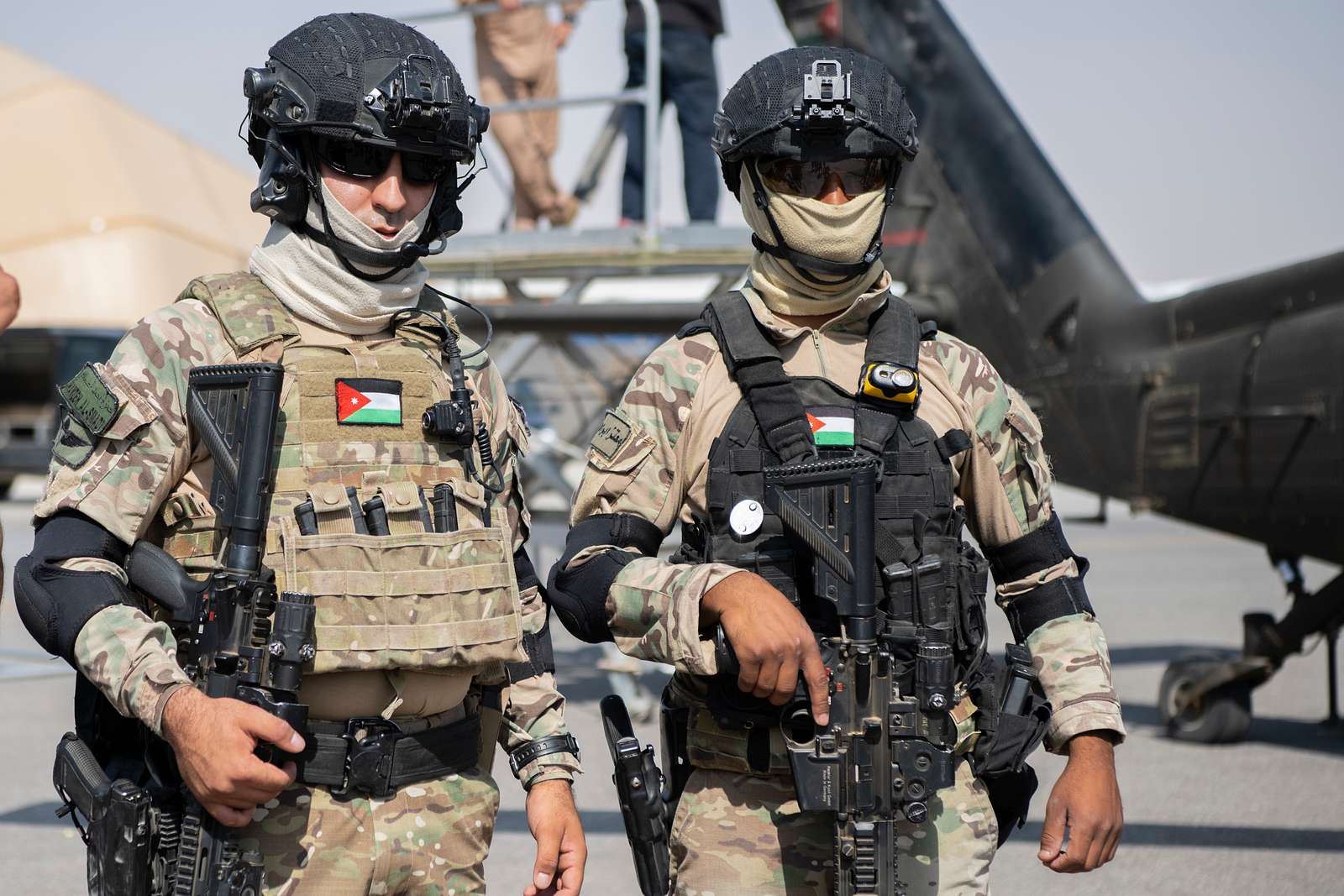AMMAN, JORDAN (Transatlantic Today) – According to Jordanian officials, 27 suspected traffickers trying to come into the country from Syria were killed, with some others fleeing back into Syria with drugs.
According to a report posted on the Jordanian army’s website on Thursday, the army thwarted numerous suspected drug smuggling attempts from Syria and seized huge quantities of narcotics in separate operations in which several people were injured.
Large quantities of cocaine were also discovered disguised in Syrian trucks going through Jordan’s major border crossing, according to the army.
It also stated that it would continue to enforce the recently formulated norms of engagement and would hit with an iron fist and fight with each and every infiltration or smuggling effort to secure the borders with force and firmness.
Jordan’s military stated earlier this month that an army commander was slain in a shootout with traffickers along the country’s long porous border with Syria.
More than 650,000 Syrian migrants have sought asylum in Jordan, fleeing the country’s civil conflict, which has raged for more than ten years.
After Syrian state forces seized rebel-held regions along the Jordanian border in September, Jordanian and Syrian authorities addressed border security.
After the two nations reopened a crucial border crossing, Jordan’s King Abdullah II communicated with Syrian President Bashar al-Assad for the very first time in a decade.
After ten years of civil war, Syria’s underground drug business has thrived. According to Al Jazeera, it has become a hotbed for creating and distributing captagon, an unlawful amphetamine, in recent years.
Lebanon and Syria have emerged as major drug transit points in the Middle East, especially in the Gulf.
The spike in smuggling is being blamed on Lebanon’s Iran-backed Hezbollah and other armed organizations that control parts of southern Syria, according to Jordanian officials. The claims are denied by Hezbollah.
According to a 2014 report by the United Nations Office on Drugs and Crime, the Middle East’s amphetamine market is expanding, with arrests mostly in Jordan,Saudi Arabia and Syria responsible for more than 55 percent of all amphetamines collected worldwide.


























